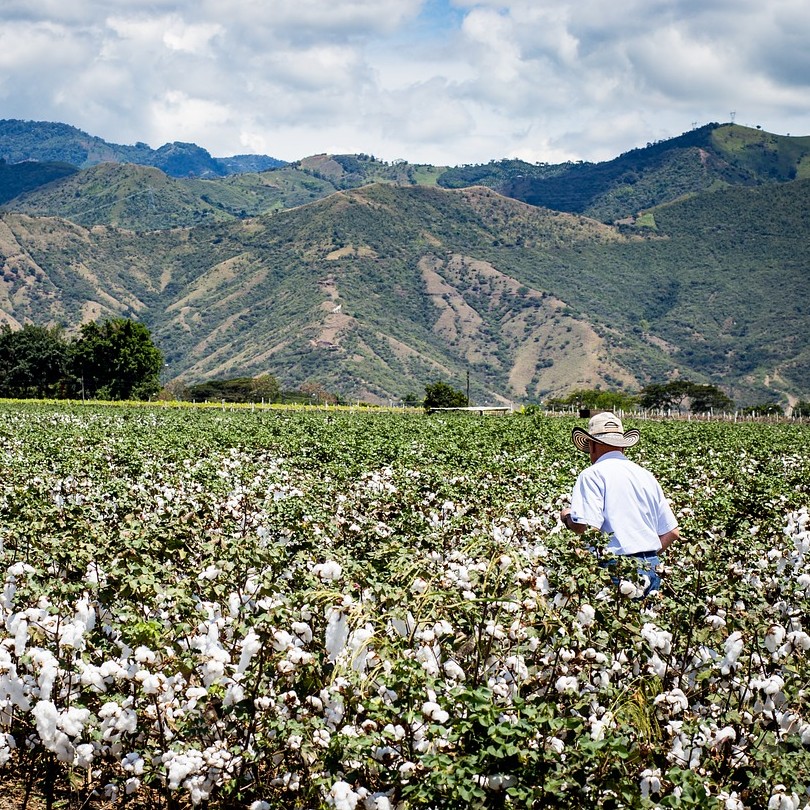Published:
Xinjiang is an autonomous region of Northwest China, known for its vast deserts and mountains. Xinjiang is inhabited by several ethnicities, namely the Uyghur people of Turkish descent and the Han people of Chinese descent. The Uyghur and the Chinese have a long history of discord stemming from their religious differences, though it wasn’t suspected that there was severe oppression against the Uyghur people from the Han until early in 2020. It is now widely believed that the Chinese government has detained up to a million Uighurs over the past few years in “re-education camps.”
The U.S. Customs and Border Protection launched an investigation earlier this year that found numerous indicators of human rights violations against the Uighurs, including restriction of movement, forced labor and withheld wages, abusive living and working conditions, and potential genocide. China claims that their “re-education camps” are vocational training centers, but the facilities are encircled by barbed wire, surveillance cameras, and armed guards.
Due to these overwhelming suspicions of human rights violations, the U.S. has announced a strict ban on all imports of Cotton and tomatoes, including all products made with those goods, from the Xinjiang region. Canada, the UK, and Australia have followed suit by either banning imports completely or heavily limiting them.
These bans will come at a massive cost, though. China is both the world’s largest cotton exporter and largest tomato producer, with the Xinjiang region accounting for over 75% of production for these two goods. Some of the biggest names will be affected by this ban, including Nike and Amazon. In 2020, $9 billion of cotton products and $10 million worth of tomato products were imported out of Xinjiang and into the United States. While the ban will hurt many companies from a financial standpoint, it’s a good thing that they’re able to cut ties now before legal and reputational damages strike the remaining companies complicit in Xinjiang’s human rights violations.
File under






